What does Jeju 4·3 mean to us?
Special Report What does Jeju 4·3 mean to us? Bishop Peter Kang U-il Bishop…
Read MoreThis chapter covers three of the main themes in international coverage and scholarship on the massacre in recent years: US responsibility (section one); truth and reconciliation (section two); and official apology (section three). The first work by George Katsiaficas is a work of scholarship, “Asia’s Unknown Uprisings Volume 1: South Korean Social Movements in the 20th Century,” which includes a chapter focusing on the Jeju Uprising and Massacre. Katsiaficas helps to place the events within the context of wider grassroots mobilization against authoritarianism and US involvement across the region. Then, in a piece for Foreign Policy in Focus, George Fattig again emphasizes the US role and makes the pragmatic case for an official apology from the White House. Finally, on US responsibility, Tim Shorrock again raises question marks about similarities between US conduct in Gwangju 5.18 and Jeju 4·3 in a presentation given at the 2018 Jeju Forum for Peace and Prosperity.
Looking further into the truth and reconciliation process, a key excerpt from “The Massacres at Mt. Halla” by Hun Joon Kim is included. Kim’s seminal work published by Cornell University Press provides an extensive analysis of the truth and reconciliation process with attention on the role of local activists in finally breaking through the wall of silence. This is followed by an opinion piece by Michael Breen in The Korea Times, which calls for Koreans to build on the shared values of democracy and rights enshrined in the process of transitional justice. Complementing this is an interview in The Jeju Weekly newspaper with Lee Mungyo, former chairman of the Jeju 4·3 Peace Foundation. Lee says that Jeju can serve as a model for peace movements around the world even while the full truth of the massacre remains unknown.
The chapter closes with a letter of condolence from Pope Francis and two of the most important materials produced in English on the massacre — the official apologies from President Roh Moo-hyun in 2003 and President Moon Jae-in in 2018. The late President Roh’s statement was on Jeju Oct. 31, 2003, following the government’s acceptance of the official investigation report and it was the first presidential apology for the state’s role in the massacre. Although first given in 2003 in Korean, a translation was also included in the English version of the “Jeju 4·3 Incident Investigation Report” published in 2013. This is followed by the 2018 remarks by President Moon Jae-in given at the memorial service to mark the 70th anniversary of the massacre. President Moon outlines in more detail the state’s responsibility and calls for political moderation on all sides to ensure lasting peace and reconciliation.
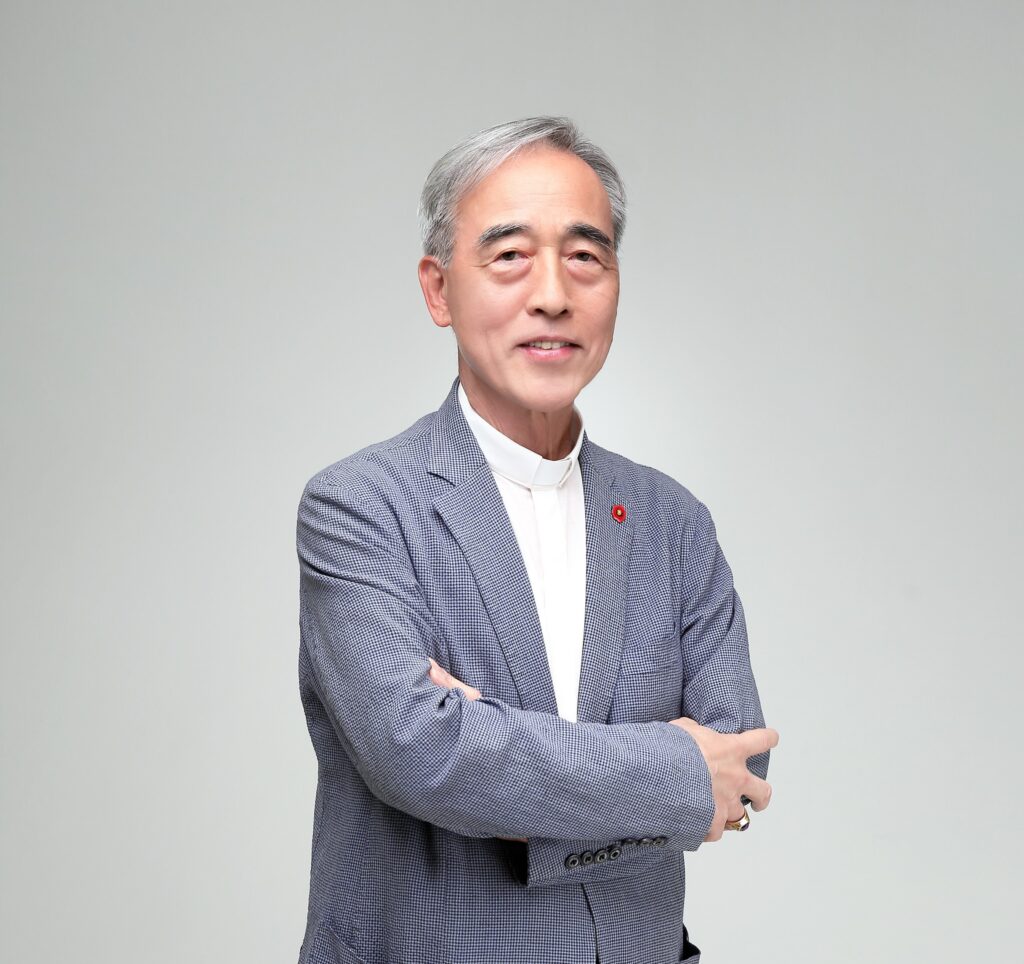
Special Report What does Jeju 4·3 mean to us? Bishop Peter Kang U-il Bishop…
Read More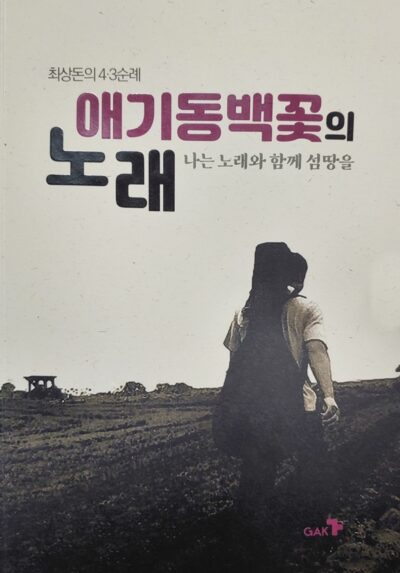
Book Review: Choi Sang-don’s Jeju 4·3 Pilgrimage, The Song of Baby Camellia The Island…
Read More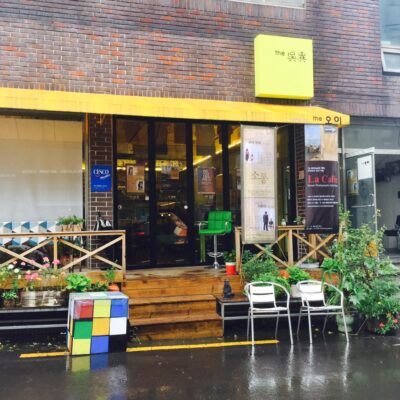
From One Generation to Another: Art Space 52 Our performances on Jeju 4·3 resonate…
Read More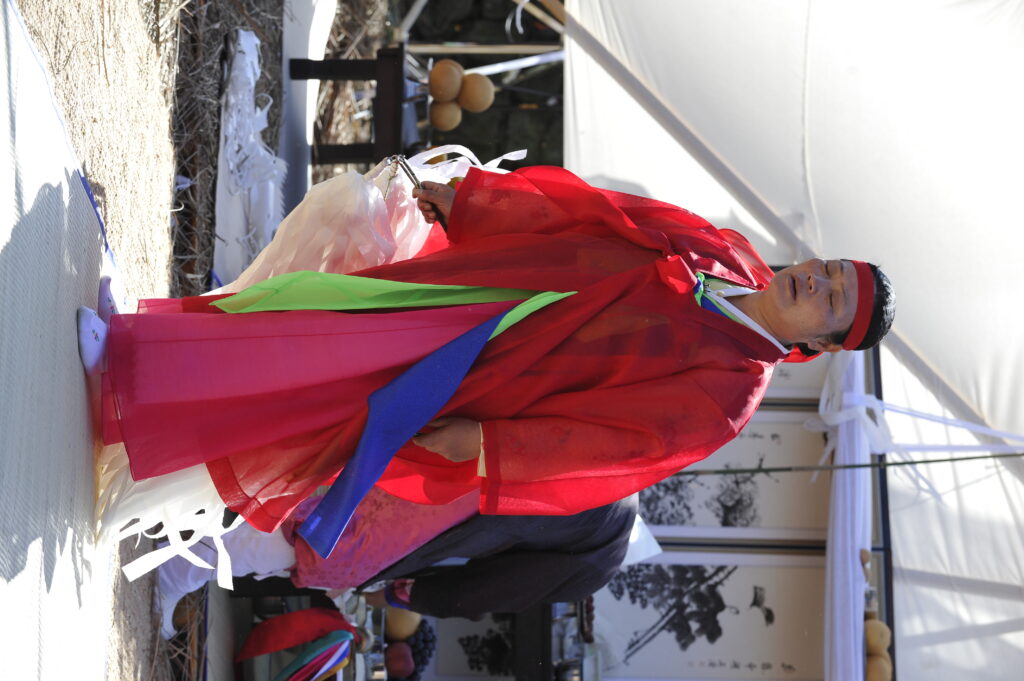
Resolution of Jeju 4·3: Achievements and Contributions Grand Shaman Suh Soon-sil Appeasing the embittered…
Read More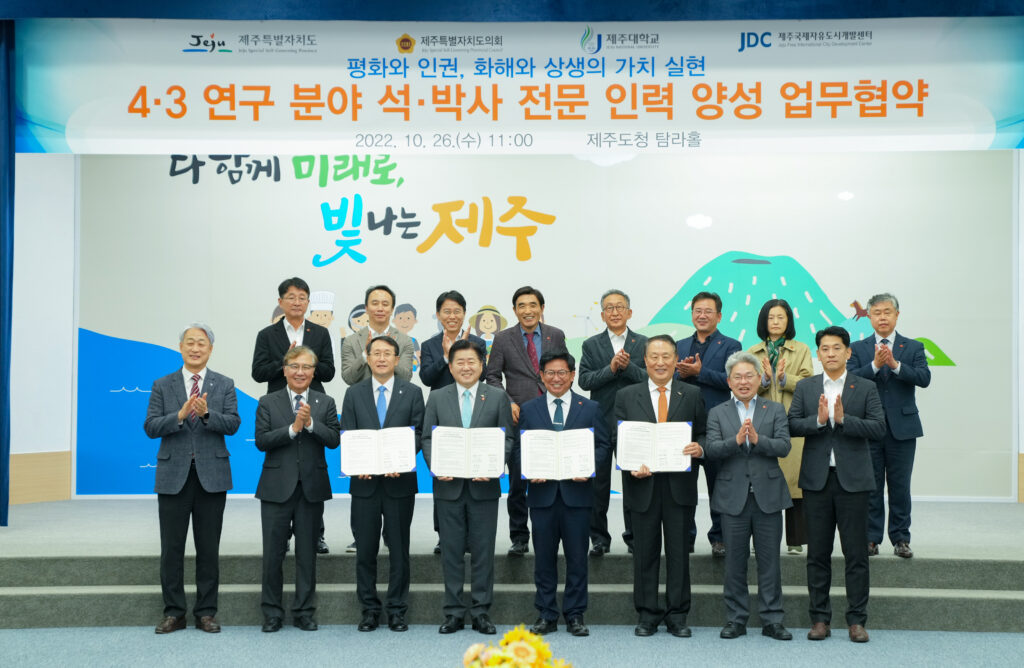
Special Article Interdisciplinary Postgraduate Course for Jeju 4·3 Studies Urgently Needed at Jeju National…
Read More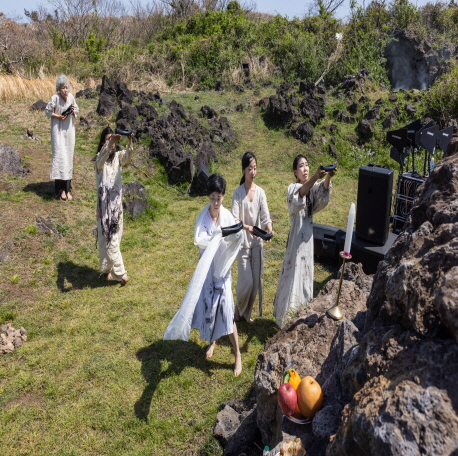
Kim Dong-hyun Chairman, Federation of Artistic & Cultural Organizations of Jeju [Jeju 4·3 Art Festival…
Read More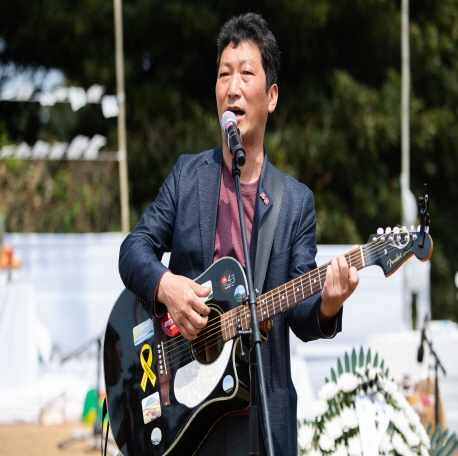
A grand stage was set at Gwanghwamun Plaza. A singer’s finger points to the U.S….
Read More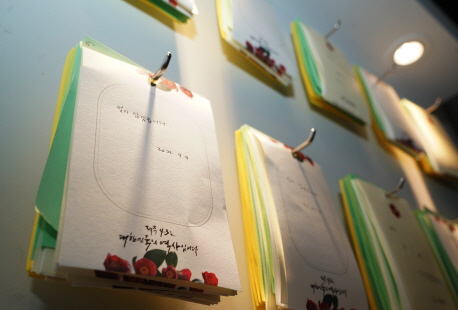
Kim Minhwan Professor, Hanshin University An associate professor at the Peace and Liberal Arts College…
Read More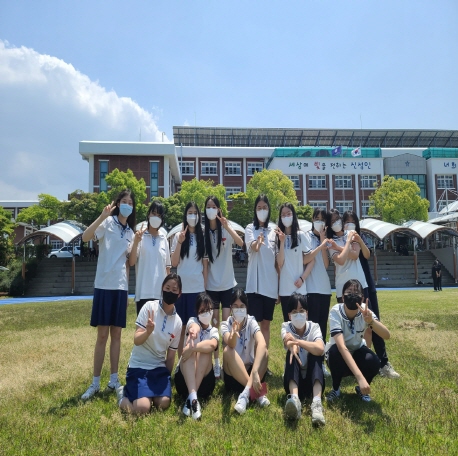
From One Generation to Another – ‘The Star-at-Dawn Supporters of Jeju 4·3’ at Shinseong Girls’…
Read More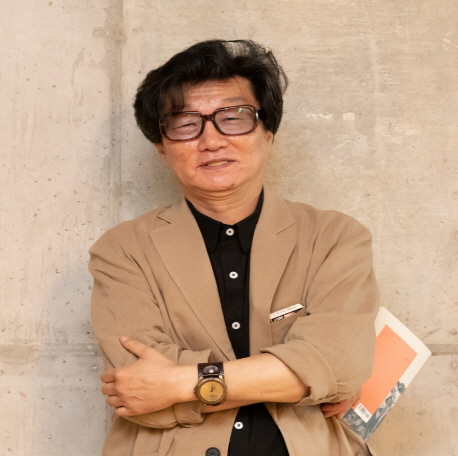
Resolution of Jeju 4·3: Achievements and Contributions A Young Poet’s Conscience That Awakened 4·3 Jeju…
Read More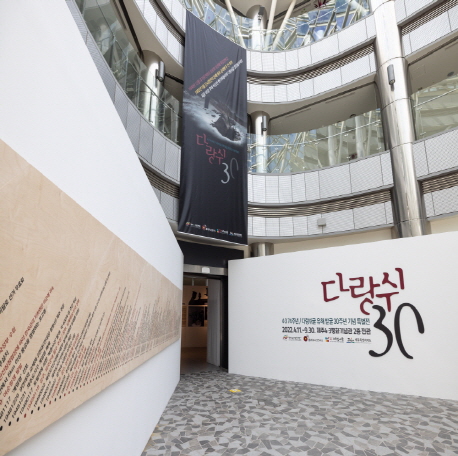
Special Project Time to shed light on Darangshigul Cave: The Crevasse of History of the…
Read More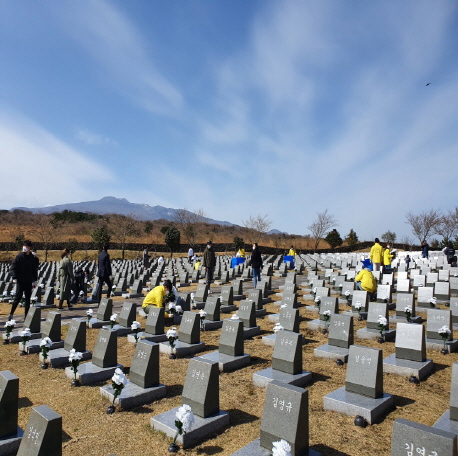
Special Article Correcting inaccurate family relations: A key to exonerating Jeju 4·3 victims and bereaved…
Read More